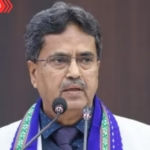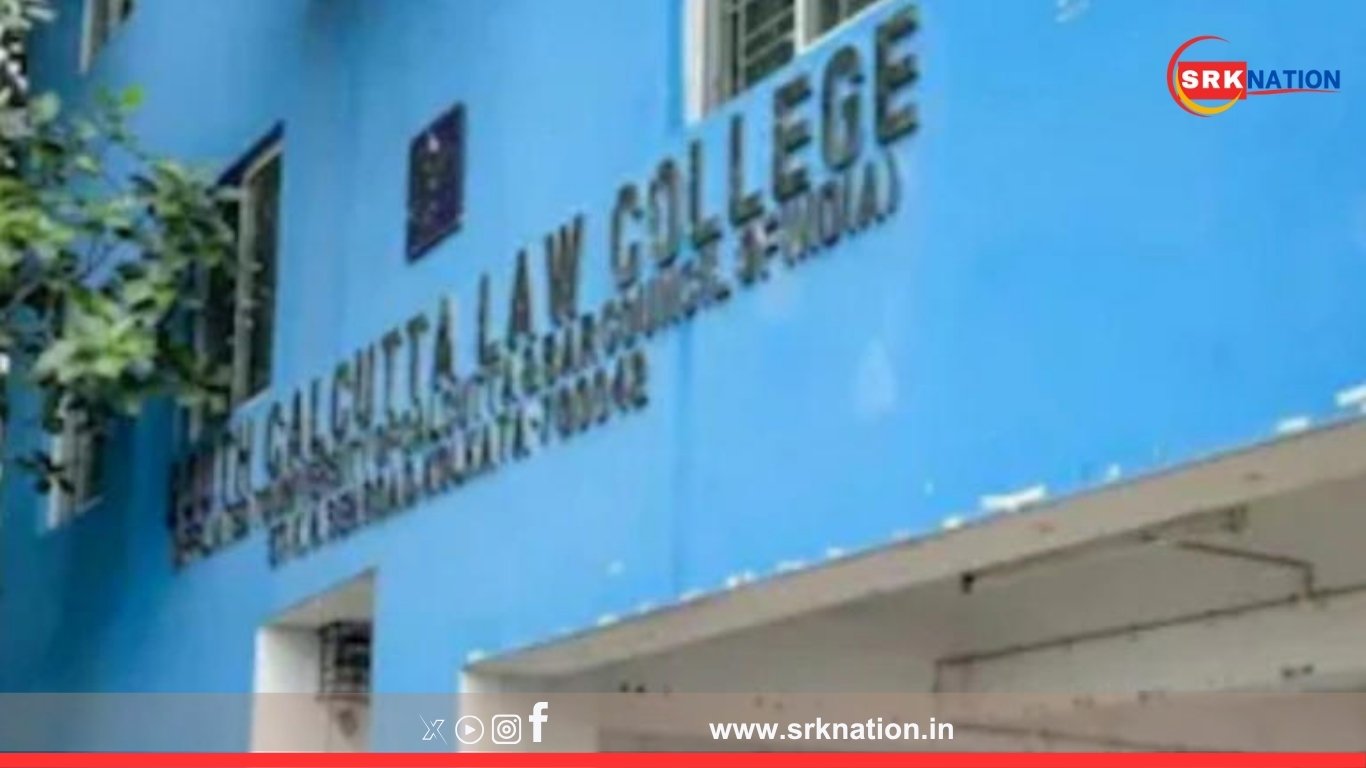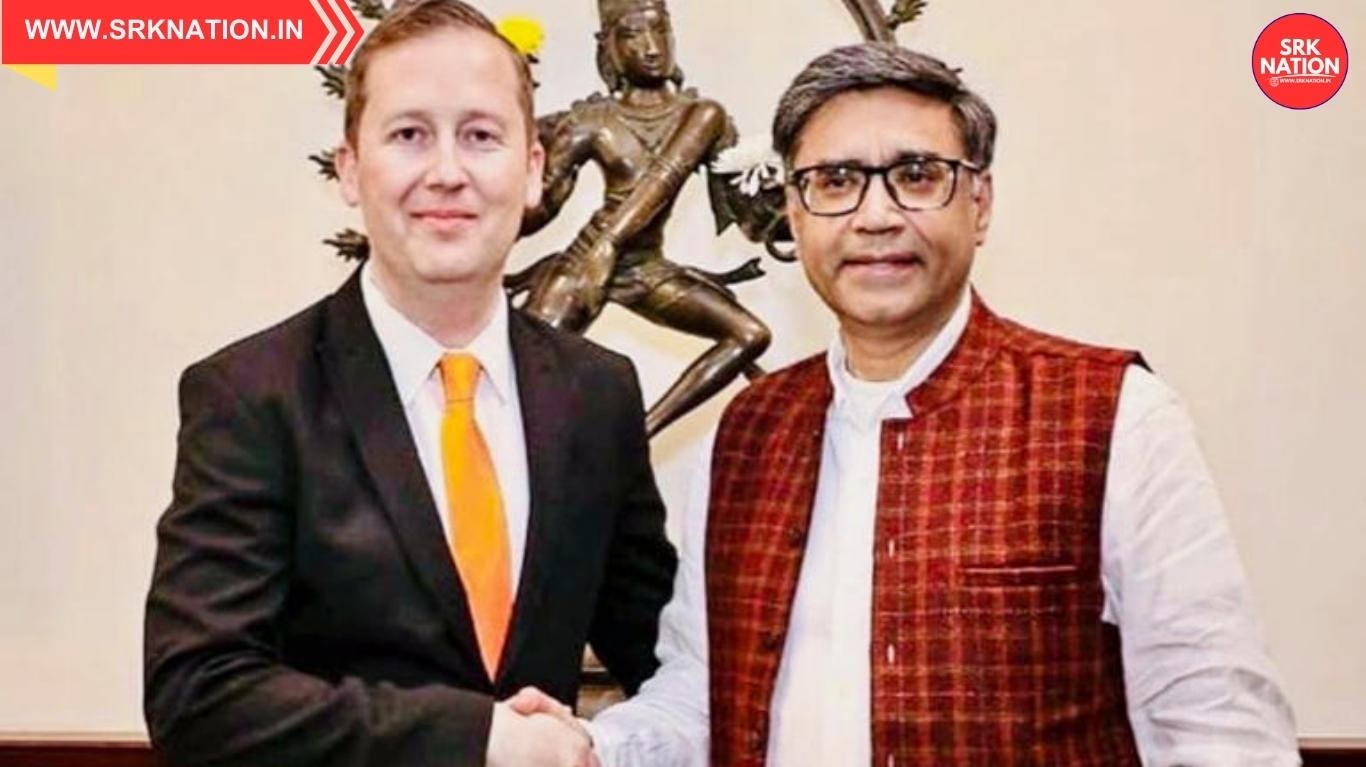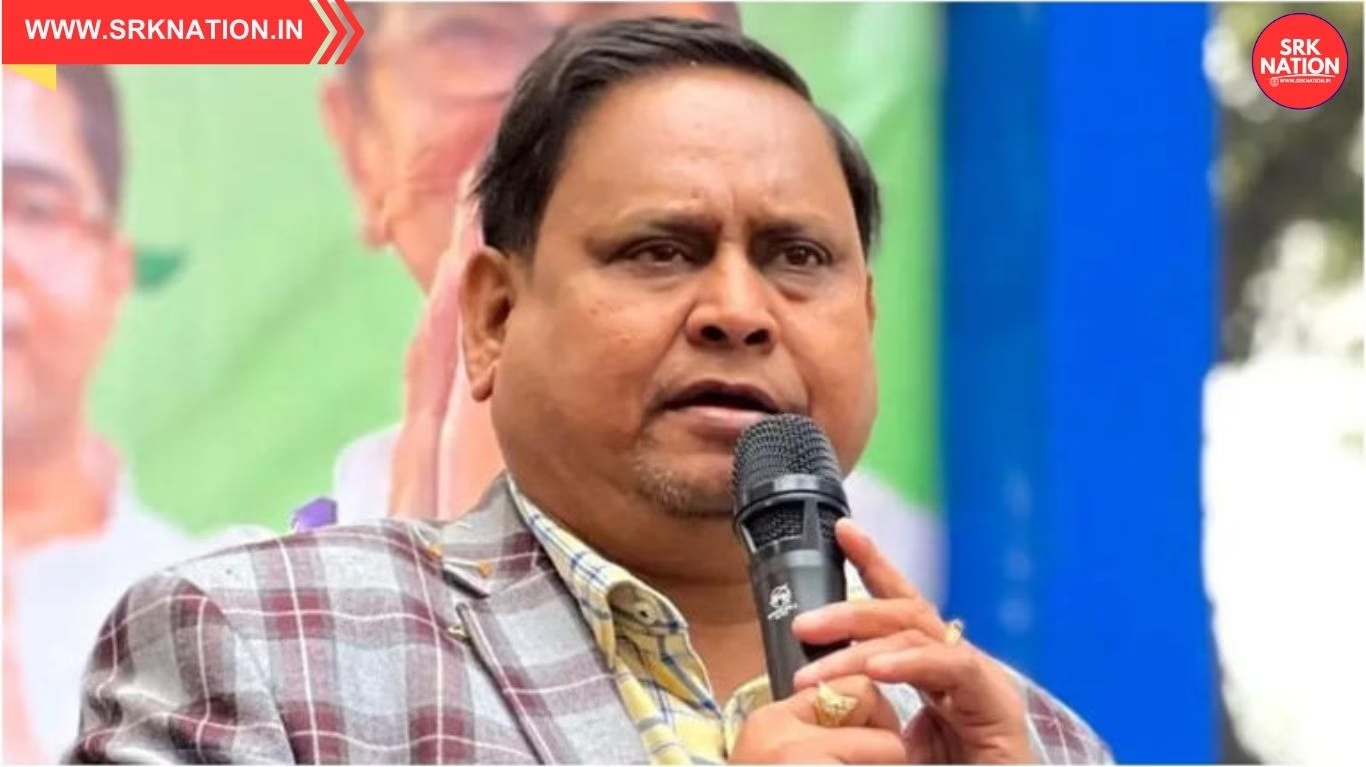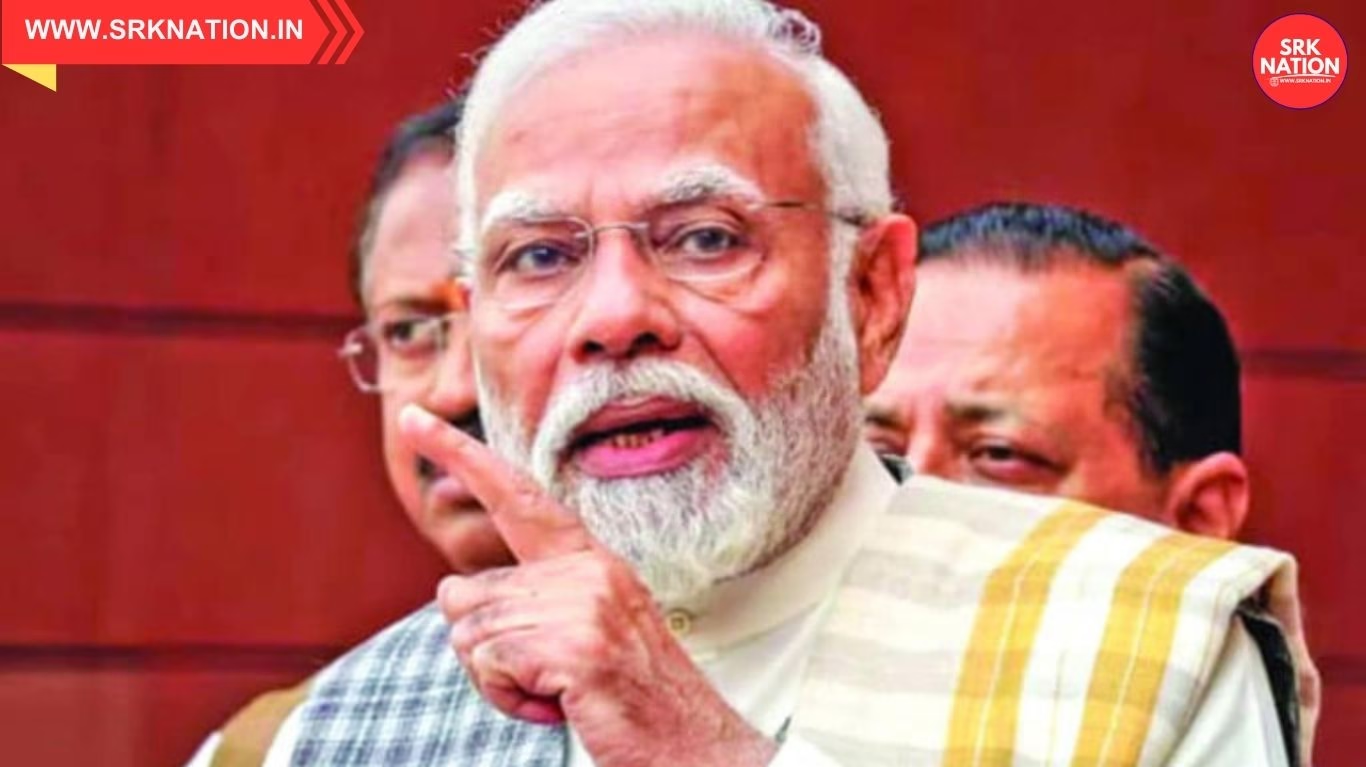In a significant ruling with implications for student politics and campus governance across West Bengal, the Calcutta High Court has ordered the closure of students’ union rooms in colleges where no elections have been conducted. The court directive has triggered intense debate among student organisations, academic administrators, and political observers over the future of student representation in the state.
What Prompted The High Court Ruling?
The order was passed by Justice Rajasekhar Mantha while hearing a petition related to the absence of student body elections for prolonged periods in many state-run and aided colleges. The petitioners argued that in the absence of democratically elected representatives:
- Union rooms were being misused by a handful of individuals claiming leadership without electoral mandate.
- Campus environments were becoming susceptible to political intimidation and misuse of student funds.
- Legitimate students were denied access to welfare benefits routed through elected unions.
The court noted that the absence of elections violates students’ fundamental rights to fair representation and participative decision-making in college affairs.
Key Directions Issued By The Court
| Directive | Implication |
|---|---|
| Closure of union rooms | All union rooms in colleges without elected bodies to be sealed immediately by college principals under police supervision. |
| No de facto union authority | Individuals claiming union leadership without election stand de-recognised. |
| Submission of compliance report | Colleges to submit implementation reports within four weeks. |
| Revival of elections | State Higher Education Department directed to present a roadmap for conducting pending elections in consultation with universities. |
Impact On College Campuses
The court’s order will affect hundreds of colleges under various universities in Bengal, including:
- University of Calcutta
- Jadavpur University
- Rabindra Bharati University
- Kalyani University
- Burdwan University
A large number of these institutions have not conducted student body elections for over five to seven years, citing administrative delays, campus unrest, or COVID-19 restrictions.
Background: Why Are Elections Stalled?
Several factors have led to the suspension of elections:
- Political Clashes: Frequent campus violence during elections, with parties like Trinamool Chhatra Parishad (TMCP), ABVP, SFI, and independents blaming each other for aggressive tactics.
- Administrative Gaps: University and college authorities deferring elections due to pending academic calendars, staff shortages, or lack of security arrangements.
- Policy Ambiguities: The state government has not enforced a uniform election calendar across universities despite UGC guidelines.
Pivot Analysis: Status of Student Union Elections in Bengal
| University | Last Elections Held | Status |
|---|---|---|
| Calcutta University | 2018 | No elections post-COVID |
| Jadavpur University | 2019 | Deferred indefinitely |
| Burdwan University | 2017 | Union bodies dissolved |
| Kalyani University | 2018 | Awaiting poll notification |
| Rabindra Bharati | 2016 | No elections conducted since then |
Reactions From Student Organisations
The court ruling has sparked mixed reactions:
- SFI (Students’ Federation of India): Welcomed the order, demanded immediate elections, and alleged that TMCP-led administration delayed polls to maintain control.
- TMCP (Trinamool Chhatra Parishad): Said closure of union rooms will hamper welfare services to students, and called for swift elections to restore functioning.
- ABVP (Akhil Bharatiya Vidyarthi Parishad): Criticised the state government, stating it reflects a failure to uphold campus democracy.
Academic Leaders’ Perspective
College principals expressed concern over practical challenges:
- Managing security and sealing of union rooms without clashes.
- Protecting documents, computers, and equipment inside these rooms.
- Ensuring smooth college functioning amid heightened political tensions.
An administrative head at a Kolkata college noted:
“Union rooms are used for student welfare activities like form fill-ups, scholarships, and grievance redressal. The absence of elected bodies has caused operational hurdles, but closure without alternatives will also create confusion.”
Legal Experts View
Legal scholars believe the order upholds constitutional rights to fair representation and association. They argue that colleges cannot allow union rooms to become centres of power without democratic legitimacy.
Way Forward: Court’s Suggestions
The Calcutta High Court advised the state government to:
- Issue a uniform election calendar for all state-run universities and affiliated colleges.
- Amend college regulations to ensure timely elections and avoid indefinite postponement under administrative pretexts.
- Ensure police deployment during polls to maintain peace.
Implications For Bengal’s Student Politics
This ruling could significantly alter Bengal’s student political landscape by:
- Breaking entrenched union control in the absence of elections.
- Creating urgency among universities and the education department to restore campus democracy.
- Reducing instances of intimidation, extortion, and illegal use of student union funds.
Historical Context: Student Politics In Bengal
West Bengal has a long tradition of powerful student politics. From SFI’s dominance during the Left era to TMCP’s rise under Trinamool rule, unions have been instrumental in shaping college administration, student welfare decisions, and even state-level political leadership pipelines.
Table: Key Student Organisations in West Bengal
| Organisation | Parent Political Party | Current Strength |
|---|---|---|
| SFI | CPI(M) | Strong in Jadavpur, Presidency |
| TMCP | Trinamool Congress | Dominant in Calcutta University and many colleges |
| ABVP | BJP | Growing influence, especially in North Bengal |
| Independents | None | Emerging in JU and smaller colleges |
Broader National Context
UGC regulations mandate timely student body elections every one to two years to foster leadership and participatory governance in higher education institutions. States like Kerala and Delhi have successfully institutionalised annual elections, whereas Bengal has faced periodic suspensions due to law and order concerns.
Conclusion
The Calcutta High Court’s directive to close union rooms in colleges lacking elected student bodies sends a clear message: campus democracy cannot be compromised indefinitely. As the state government scrambles to draft an election roadmap, students across Bengal await the restoration of their electoral rights to decide their own representatives and shape campus policies.
Disclaimer: This news article is intended for informational purposes only. Readers are advised to refer to official court orders, university notifications, and state government circulars for precise legal and administrative updates before acting upon any related issues or interpretations.

